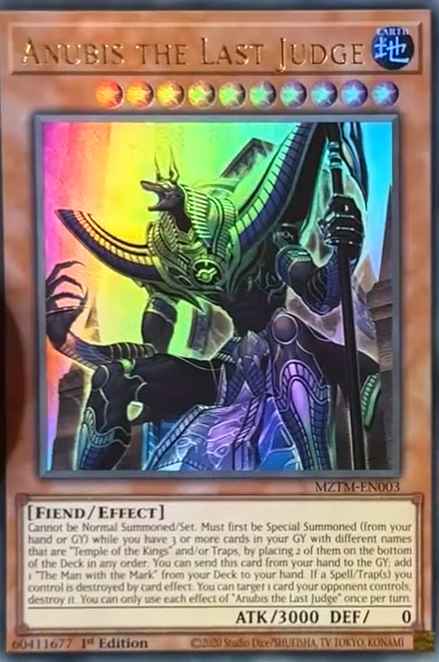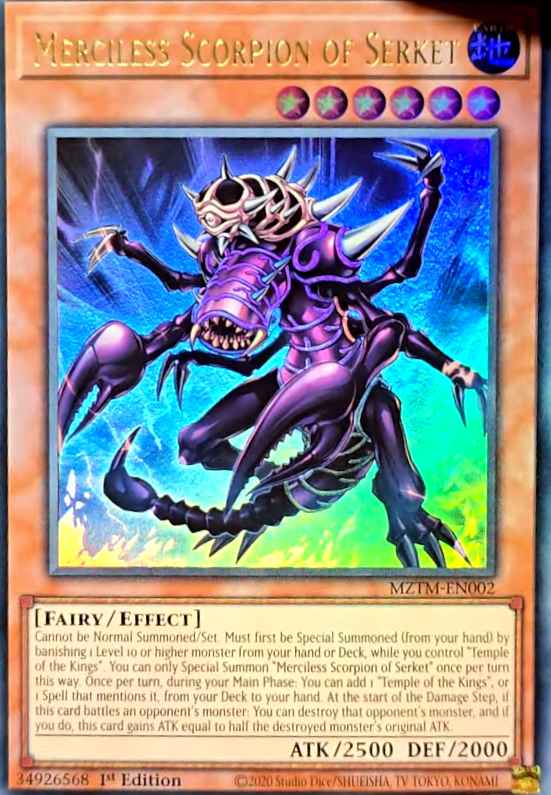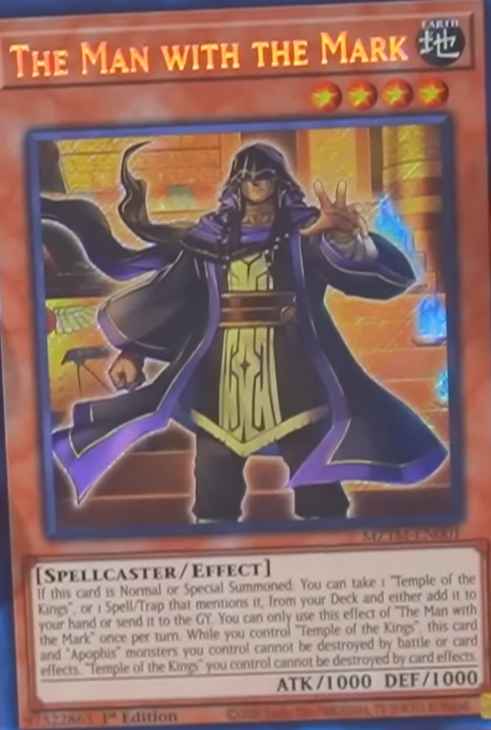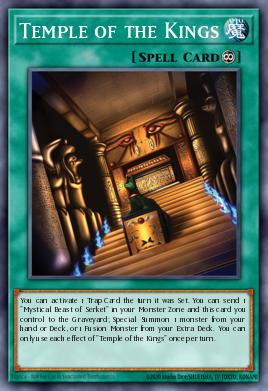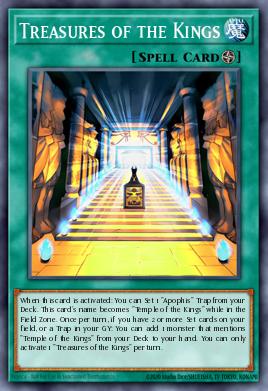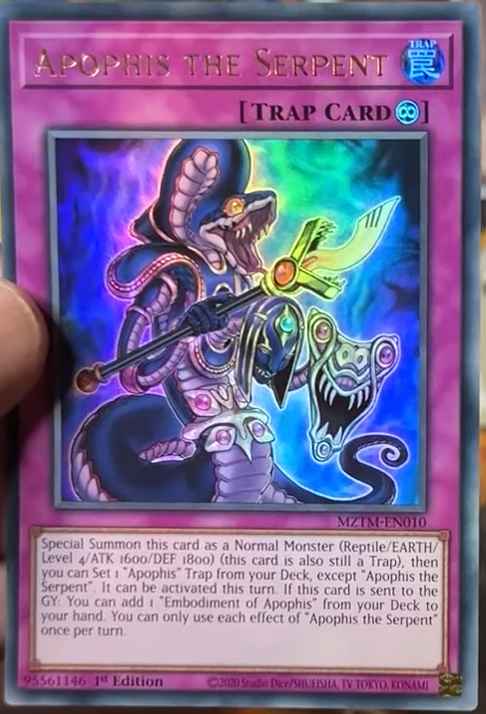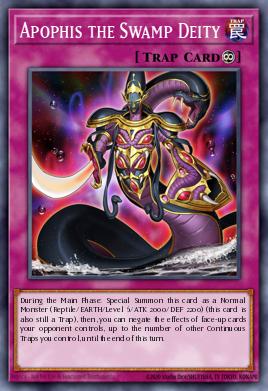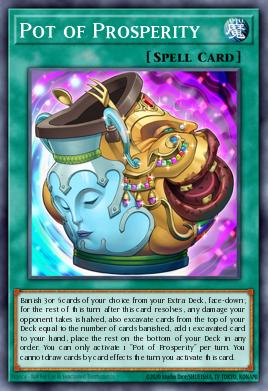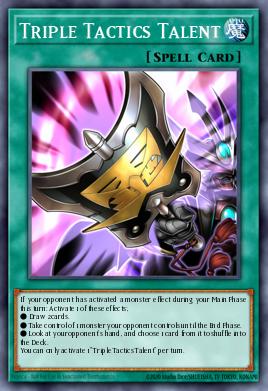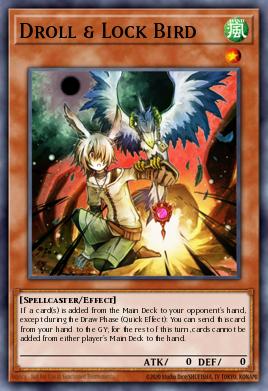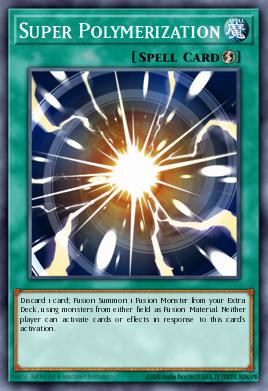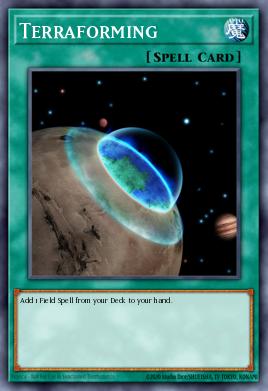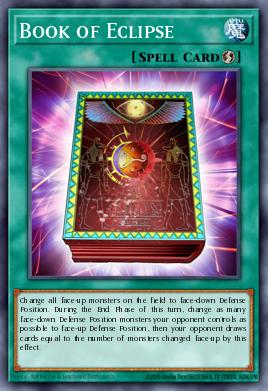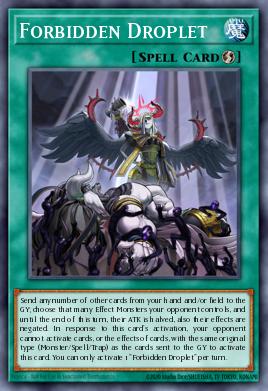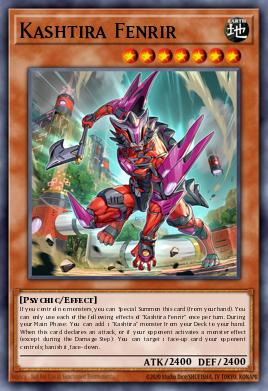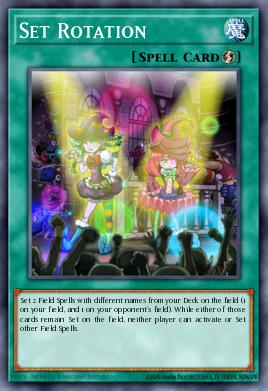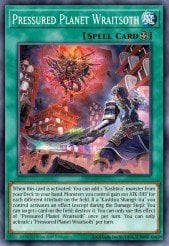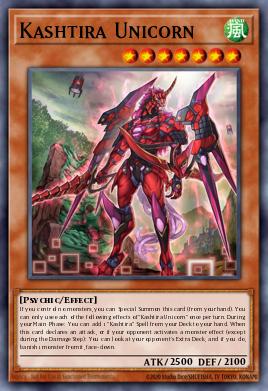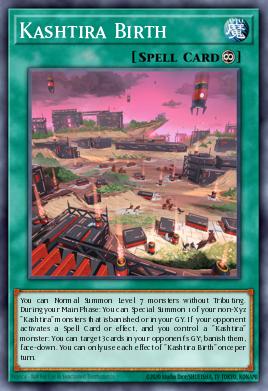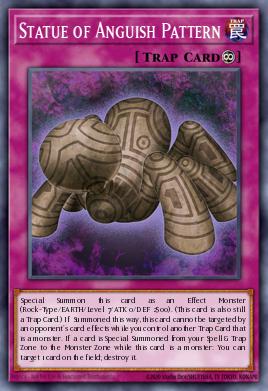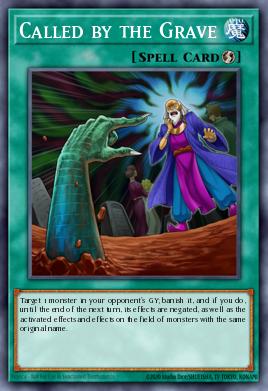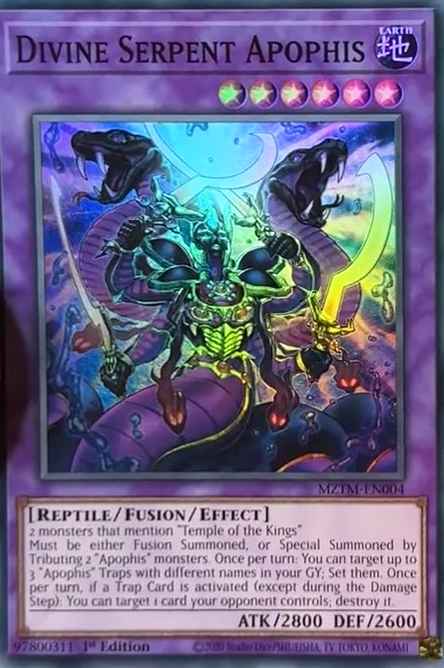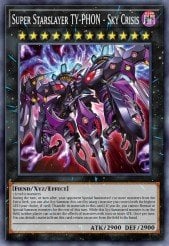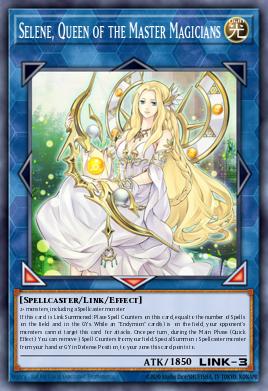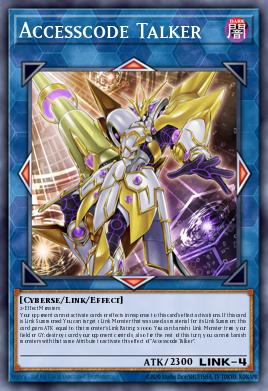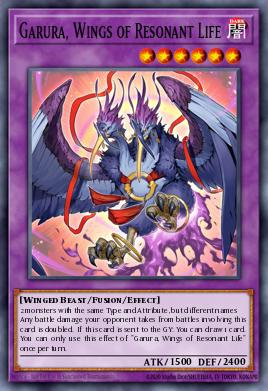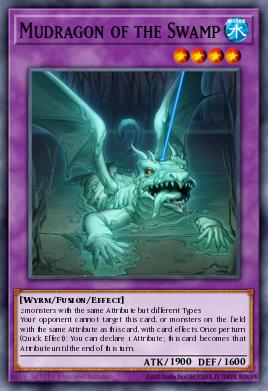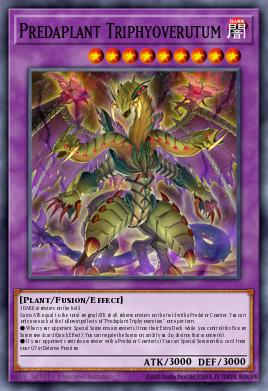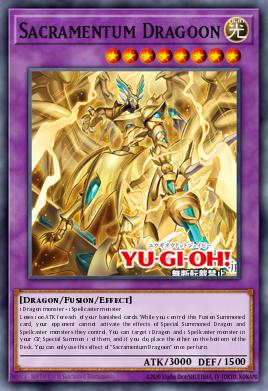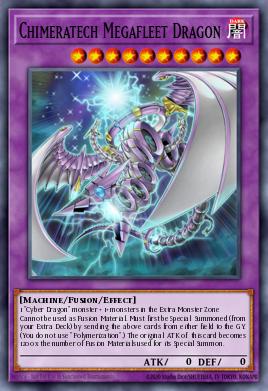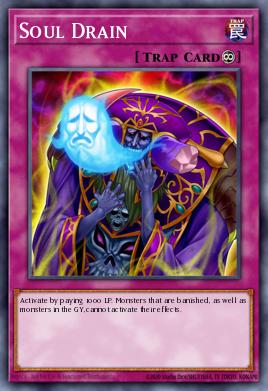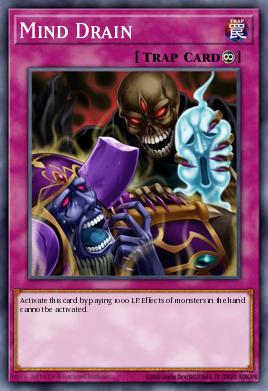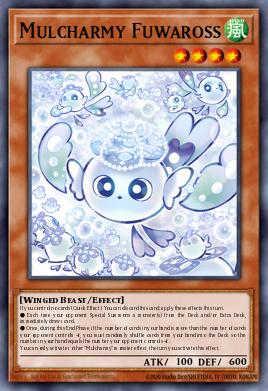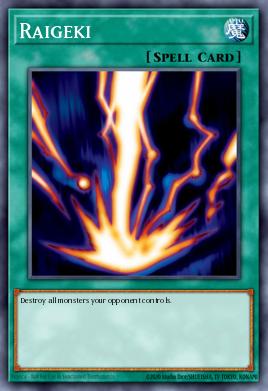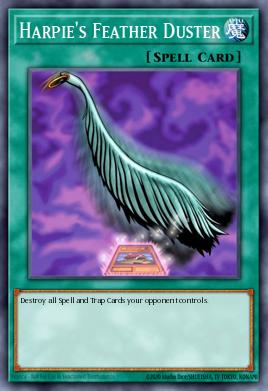At YCS Vancouver I was able to secure a Top 64 finish with Temple of the Kings, a deck that I believe is heavily underestimated in the current format. Despite being left out of most tier lists, the deck has proven itself at both locals and larger events, consistently putting up strong results and catching meta players off guard. What makes the deck powerful is its ability to grind through games by looping Apopus traps, specifically Aous the Serpent and Swamp Deity, which provide a constant stream of omni-negates. On top of that, cards like Verdict of Anubis and Statue of Anguish Pattern give the deck additional win conditions, allowing it to close games in unexpected ways.
The main deck is built to maximize consistency and flexibility. Anubis, the Last Judge and Man with the Mark act as reliable one-card starters, while the Apopus ratio of two Serpent and three Swamp Deity ensures access to the core loop without overcommitting to bricks. Verdict of Anubis, while technically situational, has stolen games outright, making it a worthwhile inclusion. Treasure of the Kings, supported by Terraforming, is the best opener in the deck and can play around Droll effectively. I also chose to incorporate the Kashira package—Unicorn, Fenrir, Birth, and Pressure Planet—which performed extremely well by disrupting opponents early, especially with Unicorn ripping key extra deck pieces.
Rather than relying heavily on hand traps, the deck leans into board breakers to deal with the meta. Super Polymerization, Eclipse, and Droplet are all included to dismantle boards proactively while recycling traps in the process. The only hand trap I ran was Droll, which remains too impactful to ignore, particularly against strategies like Yummy and Vanquish Soul. This balance between proactive disruption and recursive grind power is what makes the deck so resilient.
The extra deck is designed to support both the Apopus engine and the board-breaking approach. Cards like Ty-phon pair well with Treasure of the Kings, while Selene and Accesscode provide a reliable finishing route after a grindy game, even allowing wins through Nibiru. Super Poly targets and niche tech like Secretarian Dragon round out the lineup, ensuring answers to a wide range of threats. The side deck, meanwhile, shifts depending on whether I’m going first or second: Mind Drain and Soul Drain are devastating when going first, while cards like Raigeki, Eclipse, and Spooky Dogwood shine when playing second.
Overall, Temple of the Kings is not just a gimmick deck but a serious contender. Its recursive trap loops generate consistent advantage, and its side deck adaptability lets it handle diverse matchups. Many opponents underestimate it, but once the Apopus engine gets going, the deck feels almost unfair, recycling omni-negates and punishing overextension. My performance at YCS Vancouver is proof of its potential, and I believe the deck deserves far more recognition as a legitimate rogue strategy capable of competing with the top tiers.
 Cool
0
Cool
0
 Funny
0
Funny
0
 Angry
0
Angry
0
 Sad
0
Sad
0

